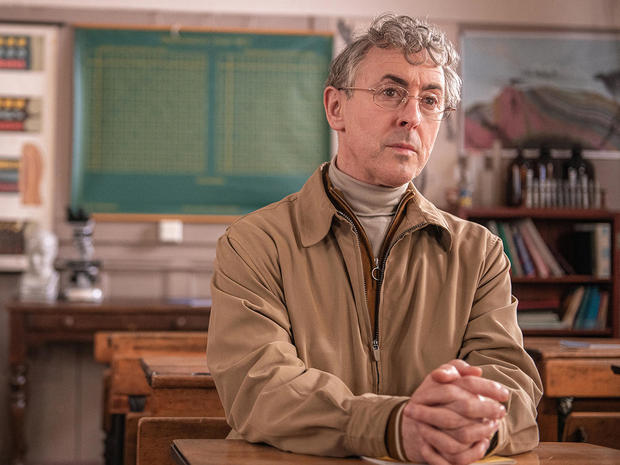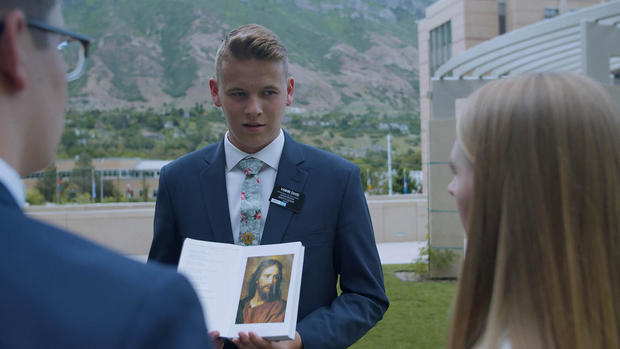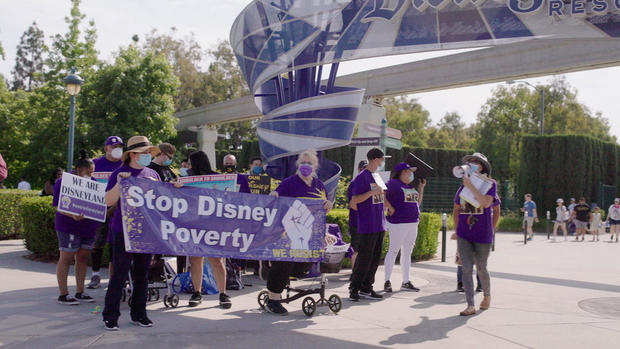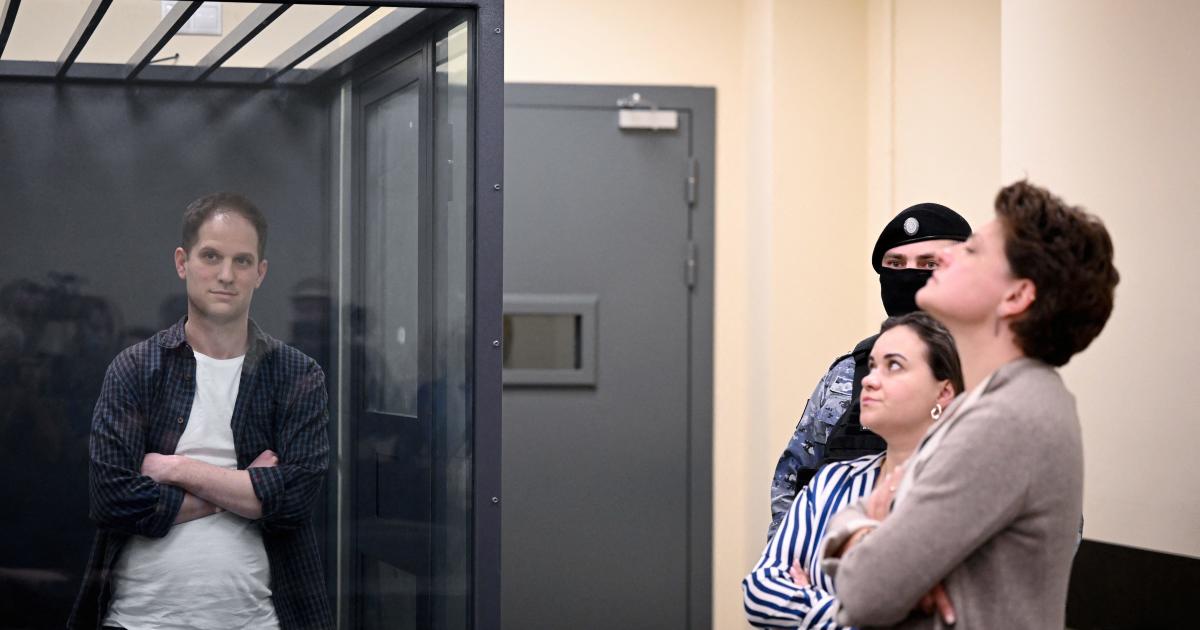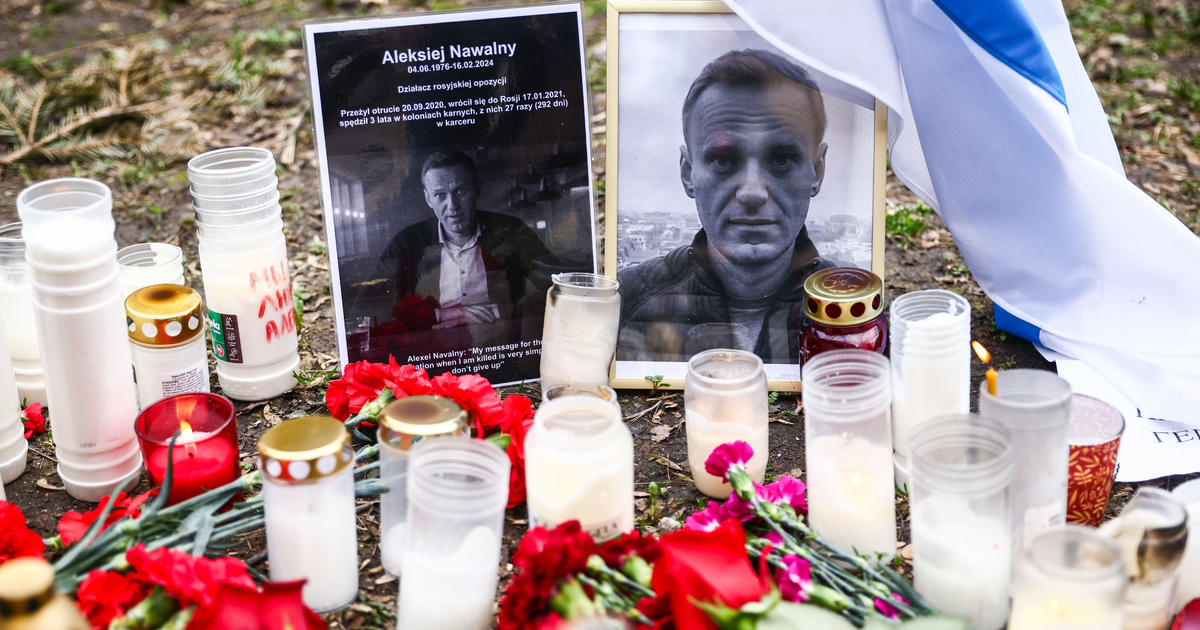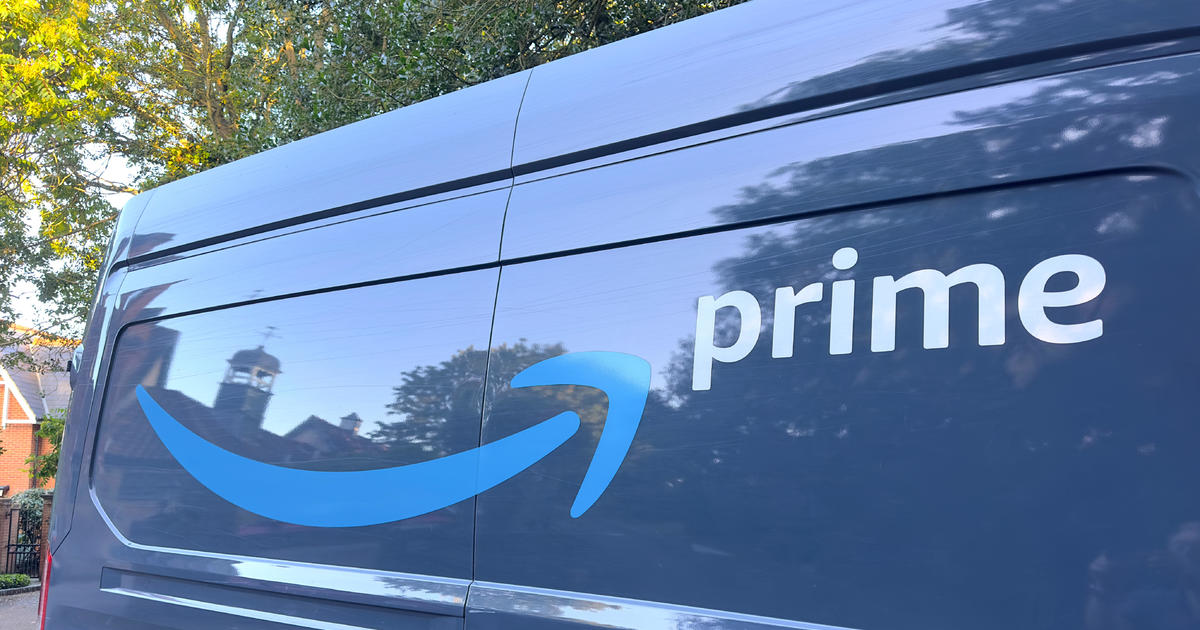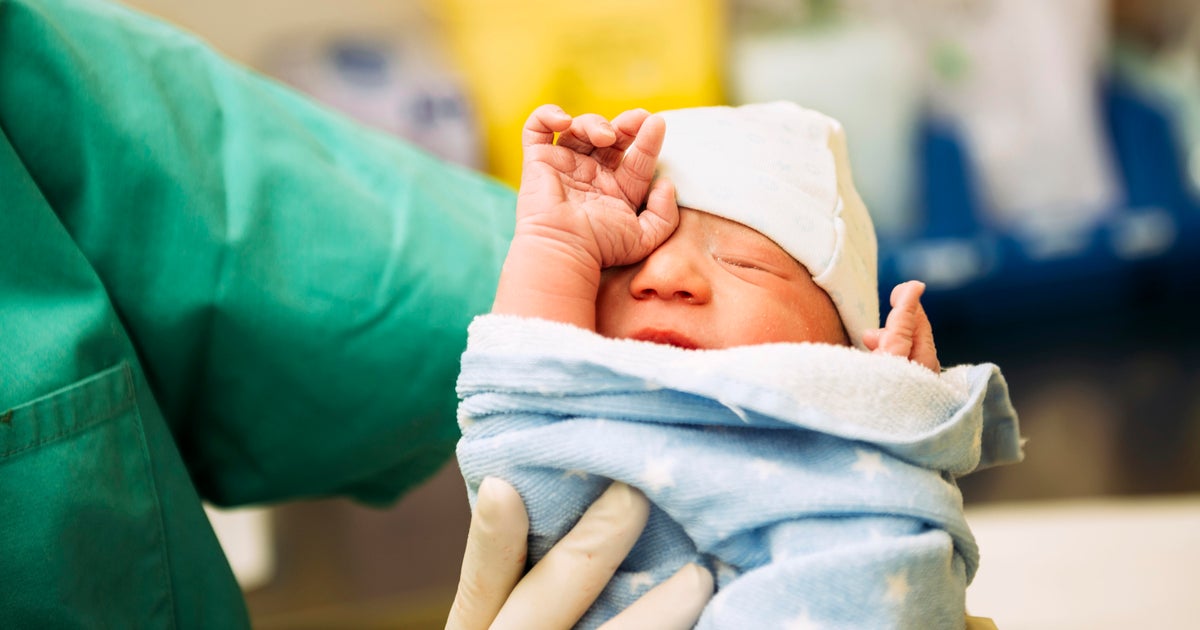Sundance Film Festival 2022 highlights: Part 3
The 2022 Sundance Film Festival continued this week, presenting its lineup of new documentary and narrative films via streaming for the second year in a row.
The showcase, which runs through January 30, is making virtual screenings available across the U.S. (and, in some cases, internationally) via Sundance's digital platform. The festival includes 82 features from 28 countries (91% of which are world premieres).
Added late to the festival's lineup, as a "mystery film," is the documentary "Navalny," about the Russian opposition leader and anti-corruption activist. It will debut Tuesday night.
While in-person screenings at Park City, Utah were canceled because of COVID-19, some of the festival's lineup will still screen at independent arthouses across the U.S. beginning January 28, including the Amherst Cinema in Amherst, Massachusetts; SNF Parkway Theatre in Baltimore; mama.film in Lawrence, Kansas; Indie Memphis in Memphis, Tennessee; Digital Gym Cinema in San Diego; Northwest Film Forum in Seattle; and a/perture cinema in Winston-Salem, North Carolina.
To purchase packages and individual streaming tickets go to the Sundance website.
Although not all films have been previewed at press time, below are some of the recently premiered highlights. (Also, check out Part 1 and Part 2 of our coverage.)
"We Need to Talk About Cosby" (World Premiere)
In this four-hour docuseries (which will begin streaming January 30 on Showtime), director and comedian W. Kamau Bell explores the public image of Bill Cosby – trailblazing standup comic, Emmy-winning actor in TV dramas and comedies, star of Saturday morning cartoon shows, education advocate – and the private Bill Cosby, who stands accused of predatory behavior and sexually assaulting dozens of women over the course of several decades.
Each episode is built on this bifurcated vision of Cosby. They open with explorations of his public life and achievements, including the groundbreaking advancements for which he should be credited (such as demanding that Black stunt performers, not White men in blackface, be hired for his action series "I Spy"). The episodes then evolve to what Cosby was doing concurrently behind the scenes – devastating testimonials from women who were drugged and assaulted, and who experienced victim blaming, gaslighting or self-doubt about their responsibility.
Bell elicits from his other interview subjects – people who were fans – extremely thoughtful examinations about Cosby's role as a leading Black pop culture figure and, in his portrayal of Cliff Huxtable on "The Cosby Show," as "America's Dad," as well as their struggle to weigh the evidence against him. While viewers get to relive some of the moments that made Cosby a fixture of life for generations, some elements of his comedy routines and public statements offer curious hints as to his private behavior. (Wait, did he really make jokes about drugging women so he could have sex with them? He did!)
Though convicted in 2018 for aggravated indecent assault, Cosby was released from prison on a legal technicality last year. That forced Bell (who was nearing completion of his interviews) to go back to the drawing board. The film's coda about Cosby's fate is yet another story of justice delayed for victims of sexual assault. Debuts January 30 on Showtime.
To watch a trailer for "We Need to Talk About Cosby" click on the video player below:
"My Old School" (World Premiere)
There was something unusual about the new student at Bearsden Academy, a school in Scotland, that set him slightly apart from other 16-year-olds. Brandon Lee seemed unnaturally bright. But his appearance he explained away as the result of plastic surgery following an accident. His accent? He'd been raised in Canada, constantly touring the country in tow by his opera singer mother. And why did his driver's license have a different name?
Filmmaker Jono McLeod, who attended Bearsden back in the 1990s, rounds up some of his former classmates and educators who were as shocked as the world was when the truth came out – that Lee was actually a much older man named Brian, who'd decided a do-over of his secondary education was the only way to make good on his medical school dreams.
It's a ripping good story, and McLeod's blend of interviews and reenactments via animation tells the increasingly bizarre tale at a good clip. "Brandon" himself did not want to appear on camera, so McLeod brilliantly sits actor Alan Cumming at a desk to lip sync an audio interview with the central figure. It's a mesmerizing performance about a performance. Grade: A. Screens January 25.
"The Mission" (World Premiere)
Director Tania Anderson accompanies a group of young members of the Church of Jesus Christ of Latter-Day Saints from Utah on a rite of passage: their missionary work in a foreign country. We watch as teenagers who have a minimal understanding of other cultures or language (and in the case of one young woman, how to behave behind the wheel of a car) are sent to Finland to spread the religious group's message of everlasting life, to a Scandinavian populace who, on the face of it, couldn't care less.
The aspirations of the young missionaries are not firmly focused on winning souls – they see it as a necessary step, a duty, in their life, a precursor to marriage and kids. But the months of separation from friends and family back home, the grueling Finnish lessons, and the regimented lifestyle, marked by depression and anxiety, take their emotional toll. The snubs they experience on street corners and at door knocks don't make it easier.
Anderson's fly-on-the-wall camerawork, with little narrative intrusion, is empathetic, and mixes the youths' optimism for their task with the evocative emotion that may be the most powerful felt by a missionary in the field: homesickness. Screens January 26.
"The American Dream and Other Fairy Tales" (World Premiere)
Abigail Disney, granddaughter of Roy Disney (who with his brother, Walt, founded the Disney empire), accepts that hers was a privileged upbringing. But Disney has taken a public position against the corporate ethos of her family's business. Three years ago she publicly railed against income inequality between Disney employees (whom the company refers to as "cast members") and the executive suite, and called out CEO Bob Iger's salary and compensation ($65 million in 2018) as "obscene."
In this emotional documentary, Abigail Disney and her co-director Kathleen Hughes advocate for improving working conditions for Disney employees, many of whom are barely making living wages, and who typically experience food insecurity and even have been forced to sleep in their cars. And when the pandemic shuttered Disney's theme parks, its staff suffered even more (though you might not know it just from gazing at Disney's stock prices).
The problems at Disney are certainly not limited to that company, but the Disney brand is unique, with an emotional bond with the public that is quite unlike a Coke or an Exxon, and which makes its employees' sad stories all the more compelling. "The American Dream and Other Fairy Tales" is an angry takedown of how Wall Street corrupted the "Happiest Place on Earth." Screens January 26.
"Three Minutes – A Lengthening"
In 2009 Glenn Kurtz found in his parents' closet a 16mm home movie, a memento of their trip to Europe in 1938. An investigation and restoration of the rare but deteriorating color footage discovered that it was taken in the town of Nasielsk, Poland, just a few years before its Jewish population was mostly shipped off to be murdered by the Nazis.
In this film essay that runs a bit over an hour, the three minutes of Kodachrome are dissected, frame-by-frame, by filmmaker Bianca Stigter to explore the power these ephemeral images have – on history, on memory and on our relationship to a camera's subjects. Narrated by Helena Bonham Carter, the film also includes conversations with a few of Nasielsk's survivors, who get to witness long-gone family and neighbors, decipher clues about identity and tell jaw-dropping stories of escape. Screens January 26.
To watch a trailer for "Three Minutes – A Lengthening" click on the video player below:
For more highlights from the 2022 Sundance Film Festival: Part 1 and Part 2.
Sundance also includes Virtual Reality presentations in the New Frontier section, with multimedia storytelling and biodigital performances accessible globally via laptop or virtual reality headset.
On the "Spaceship," attendees can interact with other festival-goers via avatars, in this quasi-return to the traditional community atmosphere of the festival.
